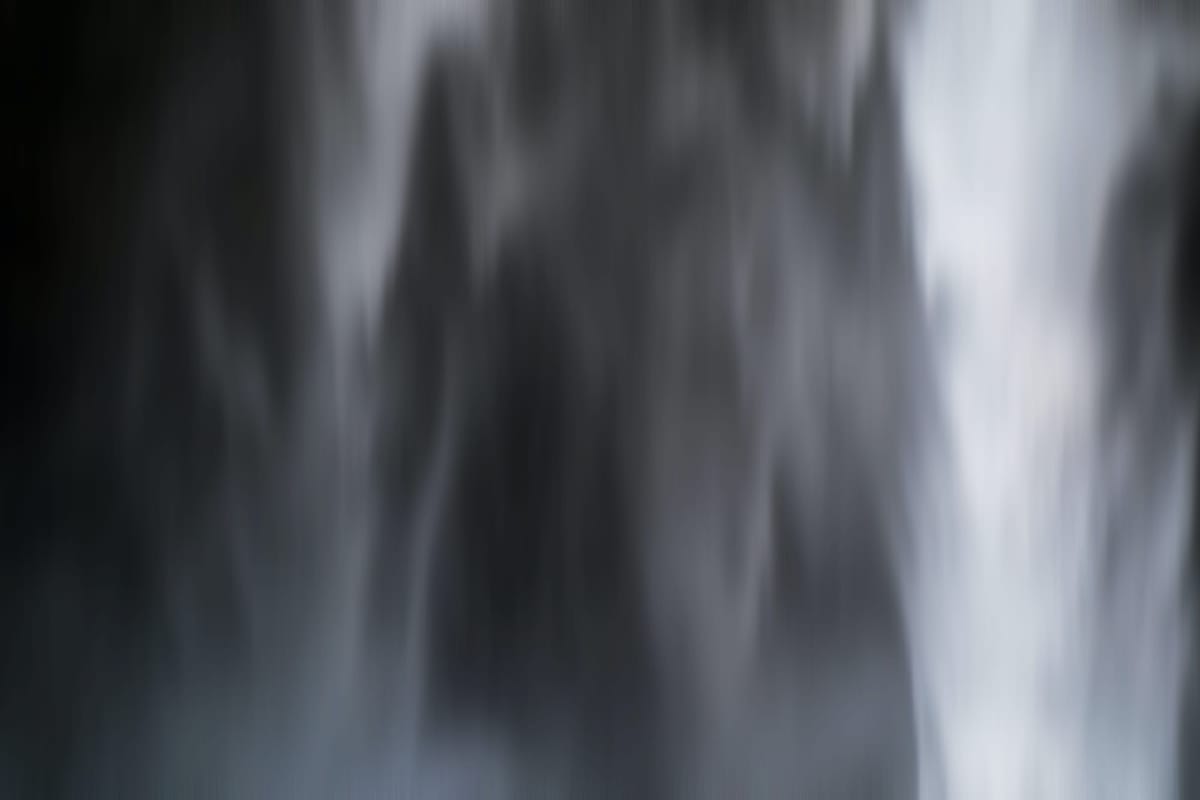You Are

Without thoughts you still are.
You might not know what you are, or how you are, but you are. There might be sensations, and usually our thoughts would have something to say about those sensations. They might go, 'Ouch that hurts!', or 'I am so tired.' as you interpret the signals your body gathers.
A thought might cause a sensation too. You might think, 'Damn, I wanted to buy some fruit on the way home!' and immediately feel some tension in your chest at the annoyance of not having paid more attention to your grocery list.
By layering all the sensations and thoughts, a whole web is created and you might go through the day thinking that this web is who you are.
But if your thoughts stop and even if the sensations subside you don't disappear. Thoughts and sensations could come back online and that does not mean that in the space between them stopping and reappearing, you were not there.
This might lead you to conclude that your body is responsible for your beingness (since it did not disappear). It's easy to think so since your body is the container, in which you go through life. Many people however disagree, and they make a good point.
In the 'Untethered Soul', Michael A. Singer speaks about the subject-object relationship we have with our body. As far as we can track, the object we have named 'body' stays with us throughout our lives. We are aware of it, just as we are aware of other objects in our surroundings, so we cannot be our bodies only. If we were our body, who would be the one aware of our body? They would have to be one and that is not the case, the argument goes.
This thinking is echoed in many teachings, practised by many through meditation, and I can say that to conclude that I am my body, would feel reductive, as if I am leaving something out.
That being said I have a hunch that my body plays a special role in how it interacts with the environment. Since when we talk about our 'body' we are dealing with an object we have defined, I am tempted to keep digging into how this relates to what is underneath our definitions. We have given a name to what we call 'body', thereby drawing a boundary. But can we even really separate the body from its environment? Is the body not already an environment itself? Our organs for example are hosted in what we call the body.
In many contexts, our general definition serves us well and allows us to navigate reality. Whether the world outside of our definitions cares as much about our boundary and our definition though, is an interesting question. It's a question asked by science, philosophy, thinkers, writers, and poets, and it has been pondered and answered differently across cultures too.
Going back to the subject-object relationship Singer talks about, if we are not the body because we are the ones who are aware of our body, what happens when we expand our definition of what our body encompasses? What then is the expanded object we are aware of?
As many sages have pointed out, the question 'Who am I?', might yield insights that are bigger than the individual answers we arrive at. What opens up as we keep asking this question about ourselves as individuals, but also about ourselves as humans, as humanity.
Can we stay with the process and have fun exploring all the answers?
I think the diversity of perspectives we might discover is likely to outweigh any seemingly fixed answer.